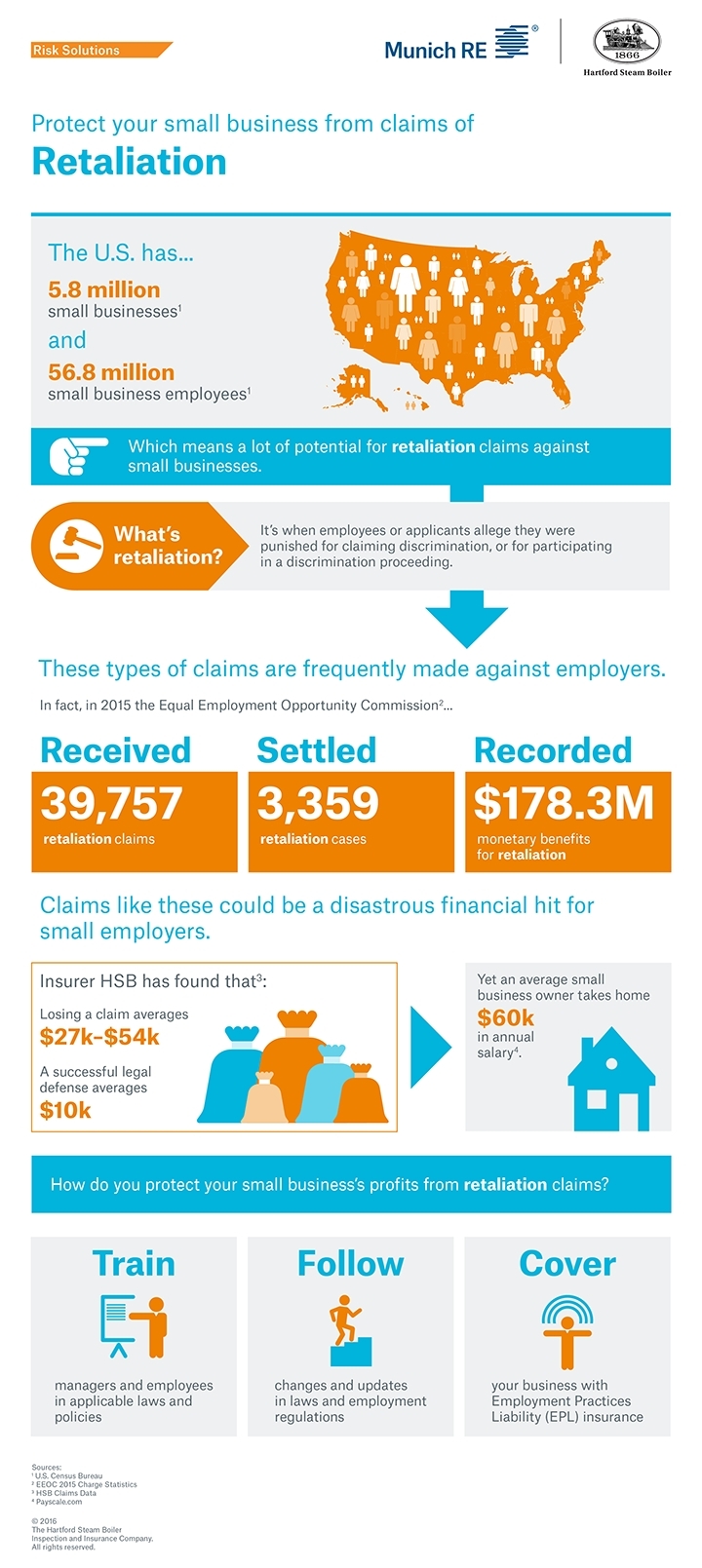Breaking The Vicious Opioid Cycle In The Workplace
As the law and standard business practices continue to focus on managed workplace risks and the health and safety of employees, an increasingly disruptive rise in opioid prescriptions threatens to undermine both worker welfare and the cost of doing business.
The Damage Being Done
A 2014 study conducted by the Workers Compensation Research Institute across 25 states found that 65% to 85% of injured workers in most states received narcotic painkillers.
Quest Diagnostics conducted a study of 5.5 million workers and found a more than 40% increase in positive tests for opiates from 2005 to 2009. Post-accident drug tests rose 400% above pre-employment drug tests.
The Center for Disease Control estimated that the workforce loses $193 billion annually due to illicit drug use. $120.3 billion of this figure is due to lost productivity, $11.4 billion is due to healthcare costs, and $61.4 is due to criminal justice costs.
Clearly, this debilitating cycle of dependency and death threatens to drive up corporate and small business costs, lower worker productivity and overload challenged legal systems.
Working toward a solution
According to Will Wesch, Novus Medical Detox Center ExecutiveCompanies, need to provide access to an Employee Assistant Program (EAP) in order to assist those employees who need help with substance abuse. EAPs are employee benefit programs offered by many employers and are intended to help employees deal with personal problems that may have a negative impact on their job performance, health and well-being.
Human Resources needs to be aware not only of the problem of ‘productivity drugs’ but also the right program to refer workers to that can really handle it.
Creating a drug free environment through random drug tests, observing behavior and making it easier to get help can dramatically assist in reducing the negative impact of drug use on the workplace.
However, there is a unique challenge here for employers: many of these drugs are legal, prescribed by doctors for pain that is often workplace related. The employee’s privacy is legally sanctioned and yet, they may still be impaired and putting him/her self at risk, as well as the workplace.
The EAPs should be aware of this problem and fully understand the issue they are dealing with and be able to refer employees to the right programs for help. The availability of confidential EAP services and referrals to qualified detox and/or drug rehab programs can encourage employees to seek substance abuse treatment without fear of reprisals.
Company manager training should include training in spotting signs of drug impairment including drawing a “reasonable cause” for drug testing, consistent with the law. The point of workplace safety and efficiency is never lost sight of. Many companies have EAPs but they are underused. They need to be kept promoted in a reasonable and firm manner.
Then there is the fact that the painkiller market is enormous, exceeding $9 billion in 2012, a sum to which opioids contribute a large share. However, a recent Institute of Medicine report showed that opioids do little in the treatment of pain over time. All too often they are prescribed as a “first response” when over the counter medications such as ibuprofen and others would work as well.
Discipline, regulation and education would go a long way to putting the brakes on out of control opioid dispensing. There are many alternatives pain management solutions that should be the first and even second tier options, before drugs are used.
Employee education and clear workplace drug policy has never been more important. Opiate prescribers should work more closely with their patients to explore all the options to health. Opioids are not a silver bullet and should never be prescribed as an expedient by doctors overloaded with patients.
Medical detox centers capable of getting the worker safely and comfortably through withdrawal through non-addictive medical protocols and natural supplements are a key to providing the best chances of complete recovery from addiction.
Will Wesch is the Director of Admissions at Novus Medical Detox Center, a Joint Commission Accredited inpatient medical detox facility that is also licensed by the Florida Department of Children and Families and known for minimizing the discomfort of withdrawal from prescription medication, drugs or alcohol.




